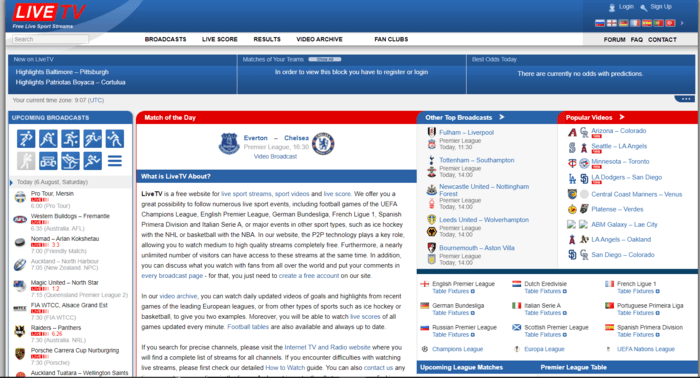For novices, learning Forex trading can be a tricky subject; it is important to understand the market’s fundamentals and how to navigate it. Take your time to learn the industry’s fundamentals on LiteForex, so you do not make the wrong choices and lose what should not have been lost.
What Is Forex Trading?
Forex trading, at its most basic, is analogous to the currency exchange you could perform while traveling abroad. A trader buys one currency and sells another, and the exchange rate varies continually due to supply and demand.
The foreign exchange market, a worldwide marketplace operating 24 hours a day, Monday through Friday, is where currencies are transacted. All Forex trading is done over the counter (OTC), which means there is no physical exchange (as there is for stocks), and the market is overseen by a worldwide network of banks and other financial organisations (instead of a central exchange, like the New York Stock Exchange).
The largest proportion of Forex trade activity takes place between institutional traders, such as those who work for banks, fund managers, and multinational organizations. These traders may not plan to take actual ownership of the currency; instead, they may be speculating or hedging against future exchange rate swings.
Beginner Tips From Experts
Consider these pieces of advice before starting trading on Forex:
Understand the Markets
Take the time to research currency pairs and the factors that affect them before investing your money; it’s a time investment that might save you a lot of money.
Stick to a Plan
In order to trade successfully , you need to develop a trading strategy. It should contain your profit objectives, amount of risk tolerance, methodology, and evaluation criteria. Once you’ve established a strategy, be certain that each deal you evaluate fits within the limitations. Remember, you’re most reasonable before you make a transaction and most irrational after you do it.
Practice
Test your skills in real-world market circumstances with a risk-free practice account. This way, you can experience what it’s like to trade currency pairs, all the while applying your trading strategies and finding your perfect approach. Since it’s risk-free, you won’t lose any of your own money.
Forecast the Market’s “Weather Conditions”
Fundamental traders like to trade based on news and other financial and political data. In contrast, technical traders seek to anticipate market moves using technical analysis techniques such as Fibonacci retracements and other indicators. The majority of traders utilize a combination of the two.
Recognize Your Limits
Know your limitations. It’s a basic concept, but it’s vital to your future success. This involves determining how much you’re willing to risk on each transaction, adjusting your leverage ratio to meet your needs, and never putting more money in danger than you can afford to lose.
Know When To Stop
You don’t have time to sit and observe the markets every single day. You may better control your risk and safeguard possible winnings by exiting the market at the price you choose through stop and limit orders. Trailing stops are especially useful since they trail your position at a certain distance as the market moves, helping to safeguard profits if the market reverses.
Leave Your Emotions Outside the Door
“Revenge trading” rarely ends well. Don’t allow emotion to cloud your trading strategy. When you have a losing trade, don’t go all-in to attempt to make it up in one shot; it’s better to stick to your strategy and make up the lost money gradually rather than suddenly finding yourself with two catastrophic losses.
Maintain a Slow and Steady Pace
Consistency is an important aspect of trading. Every trader has lost money when making quick decisions. That’s why you shouldn’t rush, especially in the beginning. Take time to educate yourself and develop a trading strategy. After that, start practicing reasonably.
Do Not Be Afraid to Experiment
While consistency is crucial, don’t hesitate to re-evaluate your trading strategy. Your demands may alter as your experience increases; your strategy should always reflect your ambitions. If your objectives or financial condition change, so should your strategy.
Select the Best Trading Partner for You
When trading in the forex market, it is vital to select the correct trading partner. Pricing, execution, and customer service quality may all have an impact on your trading experience.
Conclusion
Day trading or swing trading in small quantities in the FX market is easier for traders, particularly those with minimal capital. Long-term fundamentals-based trading or a carry trade can be successful for people with long time horizons and greater capital. Understanding the macroeconomic fundamentals that drive currency prices and prior expertise with technical analysis may help beginner Forex traders to consistently increase their profit.








Add Comment